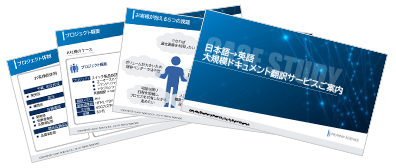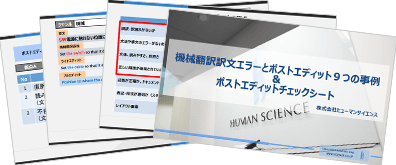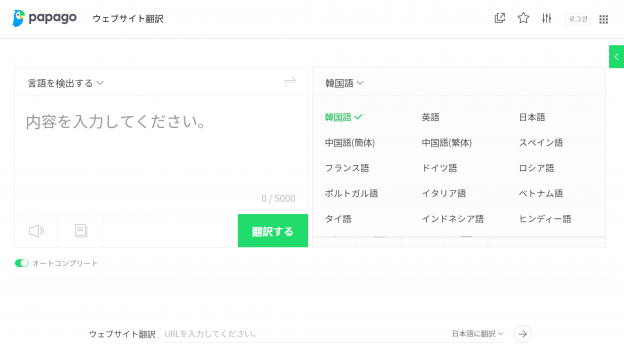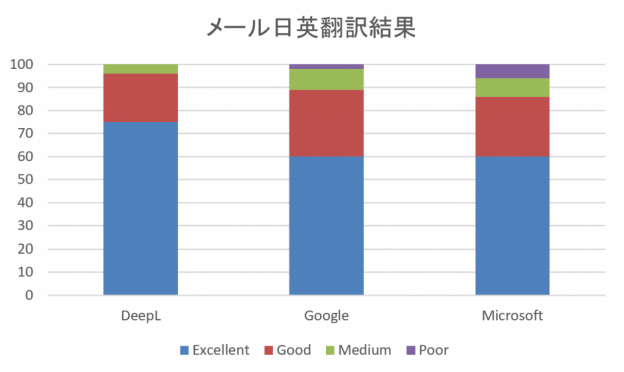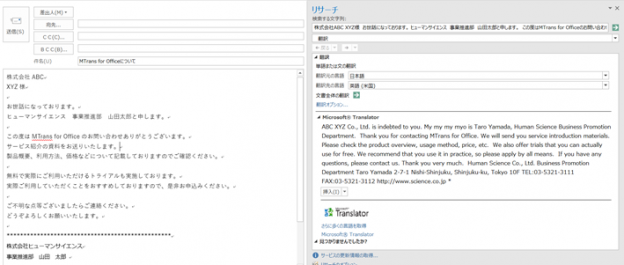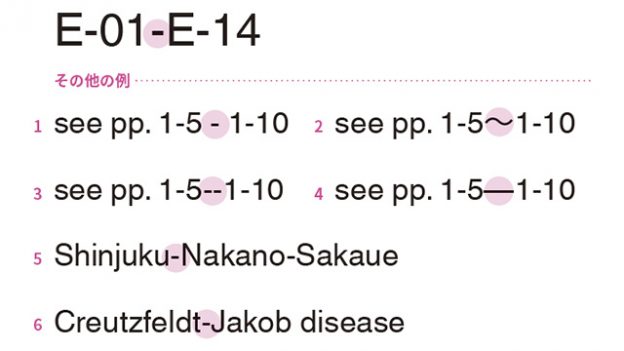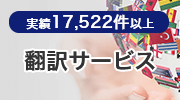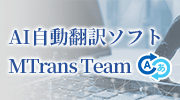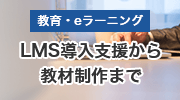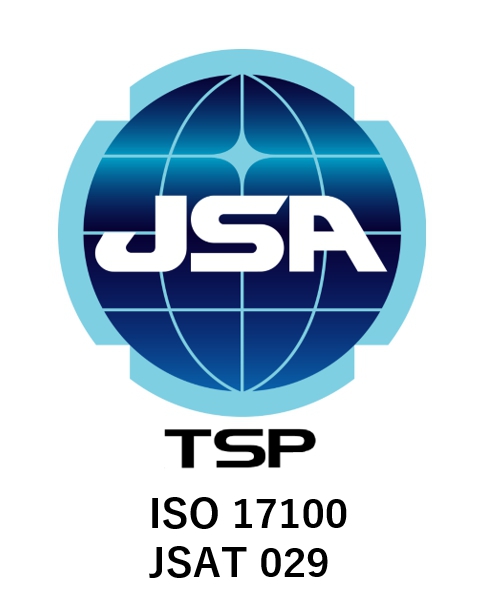At our recent open seminar, individual translators also participated.
In translation-related publications, there is also a growing focus on "post-editing," which involves correcting machine translations.
As expected, individual translators are also concerned about how to deal with machine translation in the future.
So, what are the differences between "translator" and "post-editor"?
Today, I would like to touch on those points a little bit.
●The fundamental "power of translation" that serves as the basis is essentially the same.
"Is post-editing something that is done by students before becoming translators?"
We sometimes hear this question, but at Human Science, we believe that post-editing should also be done by "professionals".
Post-editing of machine translation is based on the idea of "just correcting the base translation" and it seems that even students can do it. However, in reality, machine translation engines can make unexpected mistranslations and may not be able to use appropriate technical terms.
In addition, I am not very good at using appropriate translation terms depending on the context,
if there are similar terms.
The ability to notice mistakes in translation is undoubtedly based on the "power of translation" that has been cultivated through years of experience in translation.
●Keenness to notice small mistakes
In addition to the basic translation skills, what is particularly important is the "keenness".
As a common occurrence in machine translation, there are cases where "although it seems to be translated properly at first glance,
the meaning is not accurately reflected when read carefully."
For example, there may be cases where the third person singular "s" is missing, the tense is incorrect, etc.
Sometimes, even though the original text is negative, the translation may accidentally omit the word "not",
resulting in a completely opposite meaning.
These translated texts can be read without any discomfort at first glance, and even if it is the opposite meaning, it is still valid. Therefore, it is easy to overlook if you do not carefully examine it.
In "Post-edit", the "keenness" to notice such mistakes will be even more necessary than in "translation", where you are creating the translated text from scratch.
●Summary
In addition, there are several differences in the abilities required for "post-editors" compared to "translators". If you are interested, please do not hesitate to contact us.
Translators, in the future, will also be asked to do post-editing.
Instead of seeing machine translation as a threat to our jobs,
we should consider it as an important tool for the future,
and by actively engaging in tasks such as post-editing,
it could be one way to expand our job opportunities.
At Human Science, we are looking for freelance translators who can handle translation and post-editing tasks.
We are constantly recruiting freelance translators. Please apply.
In addition, we are also waiting for inquiries from client companies who are wondering how to train in-house translators and post-editors.
We also offer business seminars, so please feel free to contact us.
Related Services
Post-Edit Support Tool MTrans Post-Edit Booster
Automatically corrects errors specific to machine translation and streamlines post-editing work!
Machine Translation Seminar Scheduled
The machine translation seminar is held every month.
Related Articles
[Knowledge] Quality, How Far to Expect? Post-edit Design Standards
[Knowledge] International Standard for Post-editing (ISO 18587)
[Knowledge] What are the Correction Points in Post-editing?
Blog Writing Team
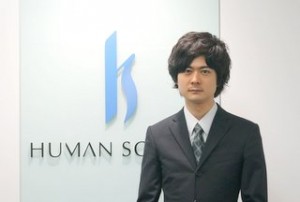
Hideki Honda
・Japanese-English-Multilingual Translation Coordinator
・Engaged in Japanese-English-Multilingual translation projects for fields such as IT, medical equipment, and FA products
・Responsible for developing new partnerships in Japanese-English-Multilingual translation
・Researching the potential of machine translation in technical translation through investigation and verification
・2015 TC Symposium*1
"Learning from Companies Using Machine Translation
~Points for Introduction and Operation Learned from Companies Utilizing Machine Translation~"
・2015 Messe Nagoya
"Accelerating Overseas Expansion!
~Techniques for Utilizing Machine Translation to Reduce Translation Time by 20%~"
・2016 JTF*2 Translation Festival
"Case Studies of Japanese-English-Multilingual Machine Translation Utilization in Domestic Medical Equipment Manufacturers
~How Manufacturers and MT Consultants Worked Together to Implement Machine Translation~"
*1 General Foundation Technical Communicator Association Sponsored
*2 The Japan Translation Federation



